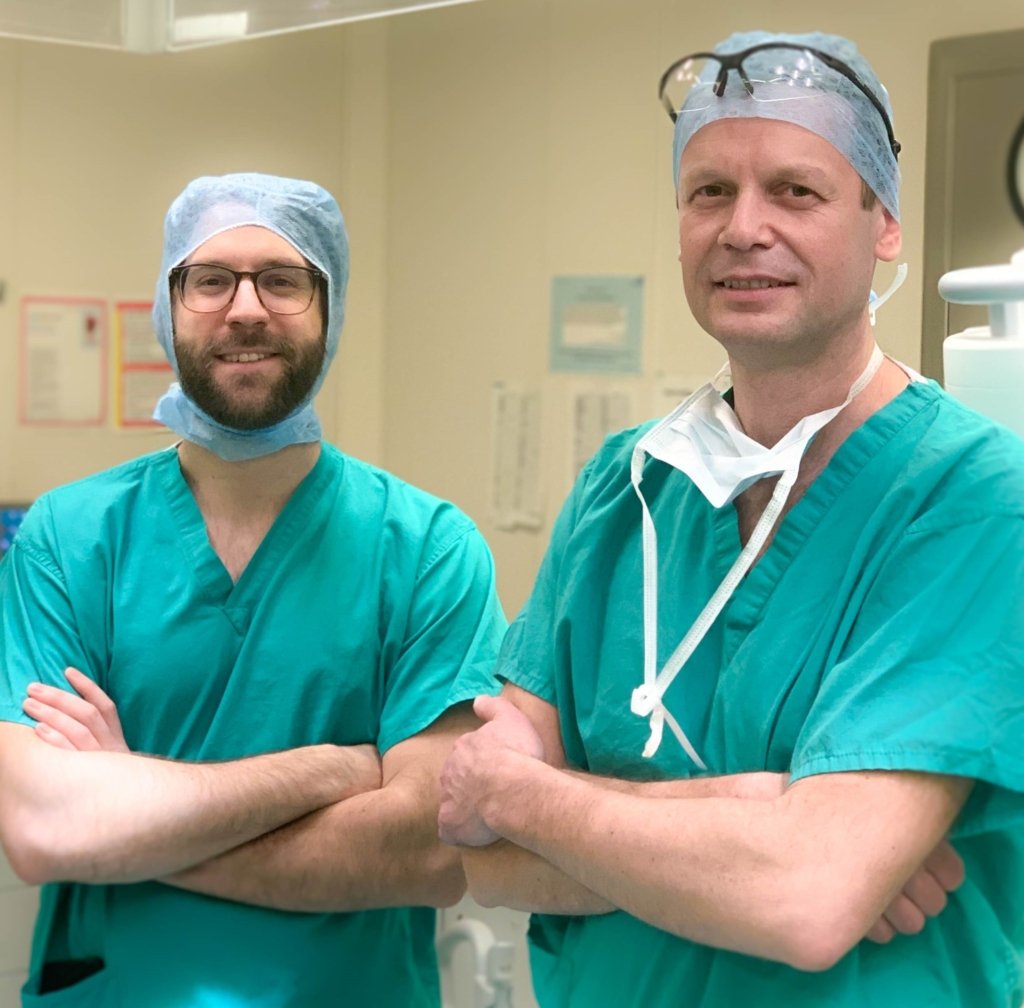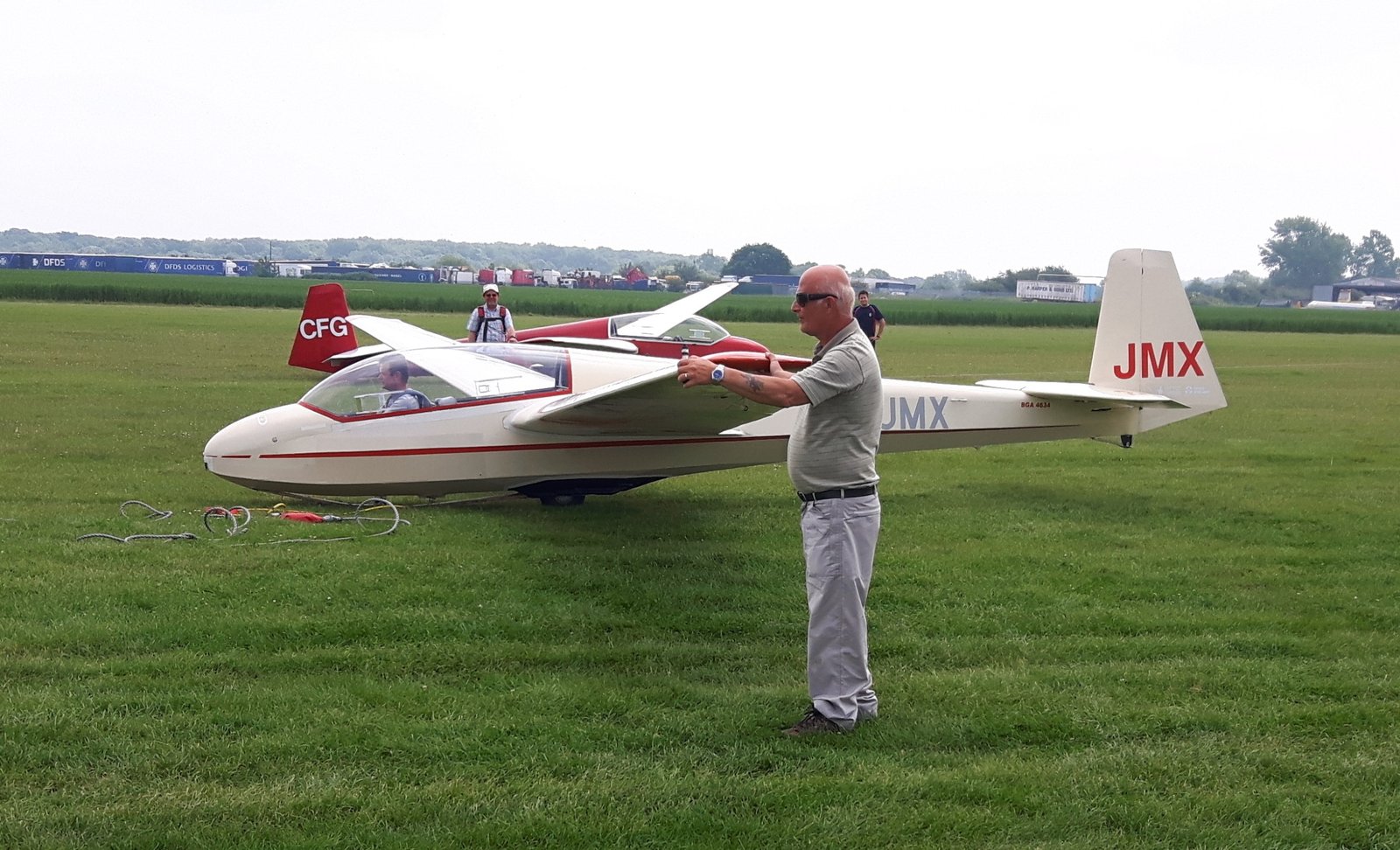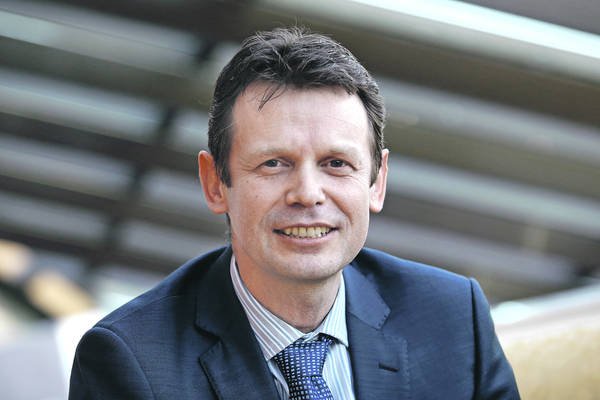Training the Trainee – Part 1 – Recognising Limitations

About four years ago, I started a gliding course at a local gliding club. There they operate under rules directed by BGA (British Gliding Association) and all teaching and training is delivered by BGA trained and approved instructors; however there is, of course, a huge variety of instructors and, in turn, many different approaches to solving the same problem on top of differing opinions. This is nothing new and you just have to make your peace with it.
The training syllabus appears to be very well structured but as a trainee, you are not privileged enough to have any insight into what is going to happen or when. Although, this is not necessarily a bad thing. The only way instructors can communicate with one another about your, the trainee’s, progress is through a personal logbook. Instructors make note of their remarks and the tasks you completed into this logbook, as well as any tasks that may require further improvement. On the day, your logbook is checked by the duty instructor and the training progresses accordingly.
Thus far, it all makes sense and there is no need to delve further into this topic.
But what happens when a trainee is unable to complete a task they were supposed to the trainer’s satisfaction? Or just unable to complete the task in general? Most often, the instructor will ask the trainee to get back into the glider and try again. And again, if necessary. And again, until the instructor is satisfied.

My biggest vice has been landing. It has caused me countless problems. The inability of completing a task to my own satisfaction and to that of the instructor leaves me feeling frustrated and exasperated about my performance at the end of the flying day. I end up leaving feeling completely incompetent.
As a consultant surgeon with a relatively long professional career (just another way of saying that I am getting old), it is not often that I am faced with the inability to perform a certain procedure. And when I find myself in such a situation, it is likely that there was no other option or that it was simply not doable. On most occasions this is, for both me and the majority of my peers, a reality. It is unlikely that there will be another, more experienced person in the room to complete the task, which I have potentially failed to.
However, in my understanding, it is almost impossible to solve this problem under the current system. When a trainee is performing a procedure under supervision, there is always a more skilled person with more experience in the room who will be able to carry out the procedure in case that they are unable to. Often, this leaves the trainee feeling incompetent, demoralised, … Or at least that is what they told me. Most likely, they have hidden the true extent of these feelings. They go home at the end of the day, dwelling on their incompetency and especially, if their supervisor made it look very easy. I have yet to encounter a trainee who has experienced similar feelings in a similar situation.
It is easy to say that they need to learn from their mistakes. But will that really help them? I could not disagree more. Making mistakes in surgery does not prove fruitful to anyone in training. I will not even attempt to discuss the aspect of patient safety as this is a much broader topic far beyond the scope of this article. Some believe that as a trainer you should let your trainee get as close to making a mistake as possible and stopping them just before and that they will learn from that. I am strongly opposed to this way of thinking. In my view, we should never come close to making a mistake; we all know how easily things can spiral out of control. Getting very close to making a mistake, intentionally, is not conducive to common sense. In my professional life, my approach is to stay as far away as possible from any potential problems at all times. Things are slightly different in my private life as you have read above. I should probably mention that at the moment, gliding sits very highly on the list of safe sports.
While this has happened quite often, on most occasions it was dealt with on the day. The instructor advised me to get back into the glider/sent me up again ‘to prove myself’. Completing the task successfully always made the journey home much more pleasant and I was able to think about other things rather than just my failures of that day.
The next section will focus on observational skills and how they develop in time.

Author: Matija Krkovic
Website: https://www.limbreconstructions.com/